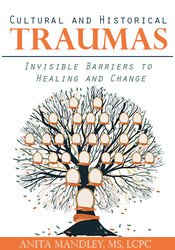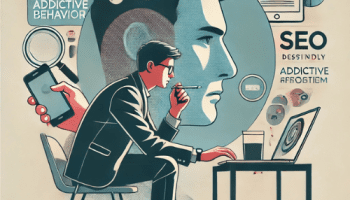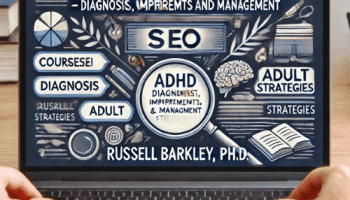Anita Mandley – Cultural and Historical Traumas – Invisible Barriers to Healing and Change
Anita Mandley – Cultural and Historical Traumas – Invisible Barriers to Healing and Change has the same quality as the author’s salapage.
Overview
Salepage check: Anita Mandley
Author: Cultural and Historical Traumas – Invisible Barriers to Healing and Change
- Faculty:
- Anita Mandley
- Duration:
- 2 Hours 3 Minutes
- Format:
- Audio and Video
- Copyright:
- Mar 22, 2018
Description
Cultural and historical trauma appears and is influenced in your work more than you think, especially if you work with people of color, war survivors, refugees and their descendants. Additionally, if your clients differ from you in the areas of race, culture, religion, sexuality, class or gender, your own biases are likely to come out in session.
Watch Anita Mandley as she brings these issues out of the shadows and into consciousness, and opens a new path toward addressing the hidden grief of cultural and historical wounds. Not only will she show you how to help your client’s historical trauma, but she will help you become a culturally more mindful and competent therapist to effectively help your clients heal their trauma.
Handouts
| Slides – Cultural and Historical Traumas: Invisible Barriers to Healing and Change (0.93 MB) | 22 Pages | Available after Purchase |
Outline
Awareness, Acknowledgement and Assessment
- Acknowledgement and Awareness of The Intergenerational Impact and Memory Traces of Cultural and
- Historical Traumas on Clients and The Therapist’s Own Self
- Relevant Areas for Assessment
- Structured Model of Assessment
- Case Examples of The Clinical Implications of Traumatic Experiences in The Present
Moving from Reflexive Reactivity to Connection, Fluidity and Coherence in The Here and Now
- Difference Between Bias, Prejudice and the “Isms”
- The Process to Regulate the Neurobiology of Bias
- The Benefit and Power of Providing the Resources of Witness, Protector and Comforter to Heal Intergenerational Wounds
How to Uncover the Survival Narrative, Validate the Trauma, And Move to A Strengths-Based Process of Empowerment and Healing
- Studying, Listening to And Validating the Client’s Traumatic Cultural Narrative, While Listening for The Resources That Helped Them Survive
- Using the Client’s Own Survival Resources, As Well As Cultural-Specific Rituals and/or Creating New Rituals for Acknowledging and Processing the Loss and Grief Connected to Historical Traumas
- New Ways to Establish Boundaries and Self-Defense and Self-Protection
Faculty

Anita Mandley, MS, LCPC Related seminars and products: 4
Anita Mandley, MS, LCPC, is an integrative psychotherapist practicing at The Center for Contextual Change. She’s the creator of the Integrative Trauma Recovery Group (ITR) a group therapy process designed specifically for adults with developmental and complex PTSD.
Speaker Disclosures:
Financial: Anita Mandley practices at the Center for Contextual Change.
Non-financial: Anita Mandley has no relevant non-financial relationship to disclose.
Curriculum
FAQs
Requirements
- A computer or mobile device with internet access to stream course content.
- Basic understanding or interest in trauma-informed approaches, cultural studies, or historical contexts.
- An open mindset to explore sensitive topics and their psychological impact on individuals and communities.
Features
- Comprehensive Exploration: In-depth analysis of cultural and historical traumas affecting individuals and communities.
- Expert Insights: Learn from Anita Mandley, a seasoned expert in trauma and mental health.
- Culturally Sensitive Approach: Strategies to integrate cultural sensitivity in trauma therapy and foster healing.
- Digital Convenience: Access all content digitally at your pace, with a significant cost saving of up to 80%.
Target audiences
- Mental health professionals seeking insights into cultural and historical traumas and their effects on therapeutic work.
- Social workers, counselors, and educators aiming to enhance their understanding of trauma-related challenges faced by diverse communities.
- Individuals interested in exploring the impact of historical trauma on personal and societal healing processes.







